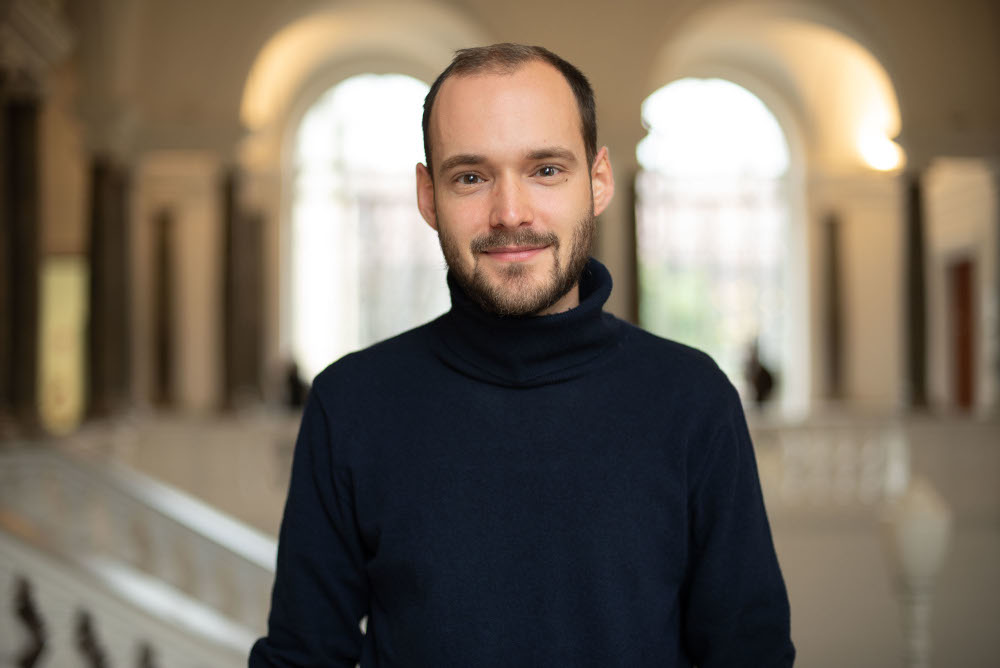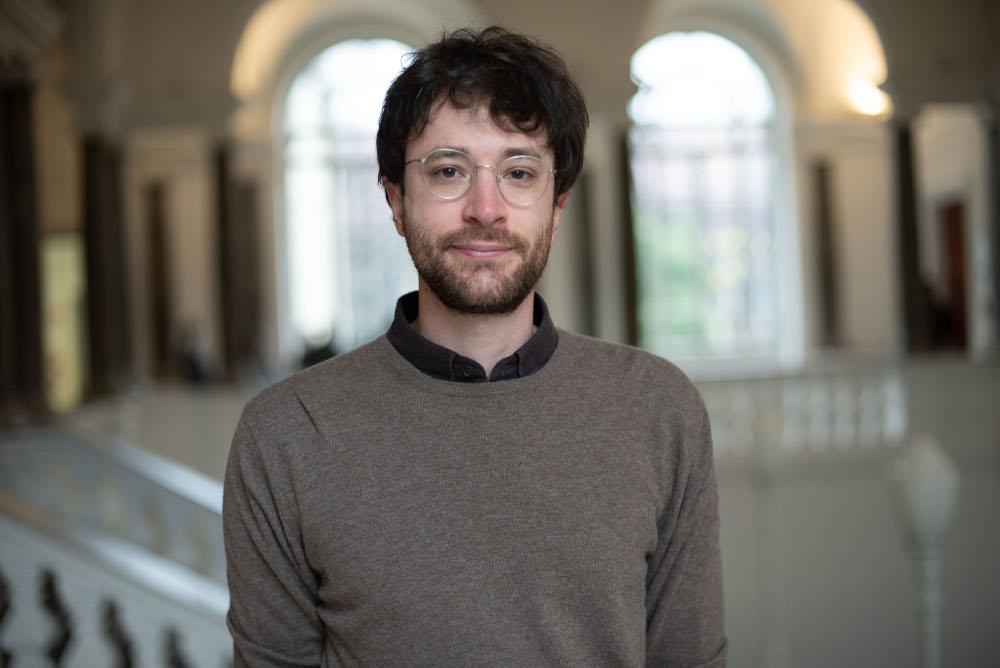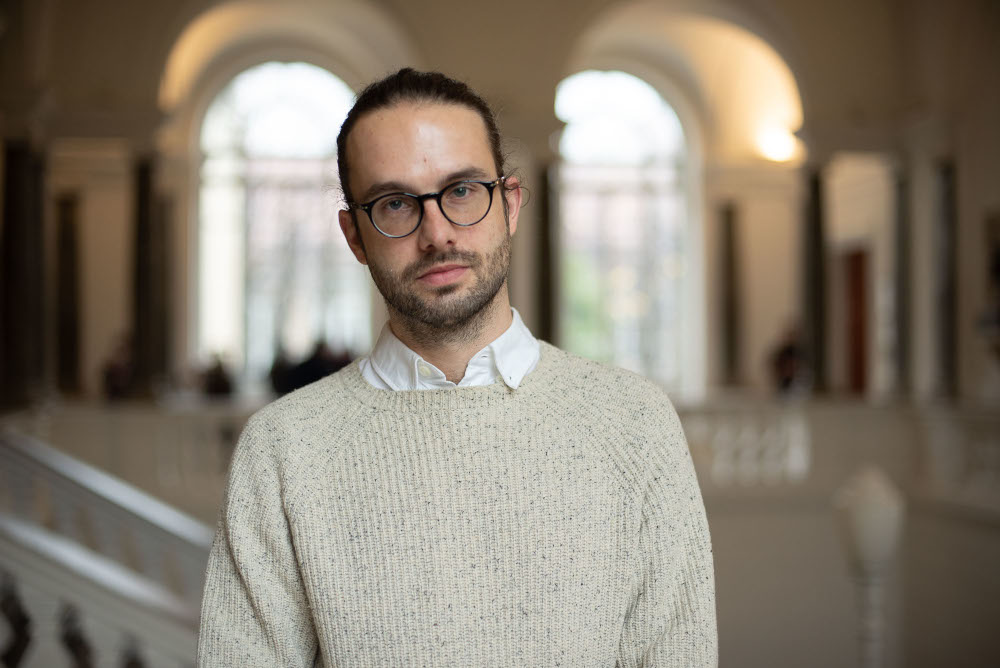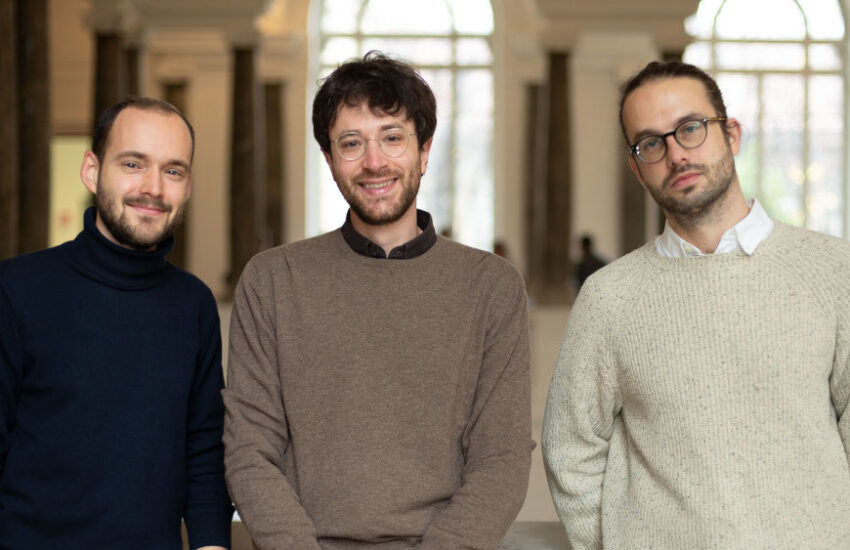Can philosophy meet science? And, more generally, can the humanities have anything in common with science? Spoiler: the answer is yes, at least at the Politecnico di Milano. Where two worlds seemingly at odds with each other meet every day.
It happens among the researchers of the META group, which studies “social and humanistic sciences for science and technology” to be precise. It is an interdisciplinary research group, which spans the three main disciplines of the Politecnico (Engineering, Architecture and Design).
A few days ago, three of our critical reflection projects were presented at the rectorate, made possible by the collaboration with the Silvio Tronchetti Provera Foundation. They investigate the development and use of emerging technologies by integrating mechanical, biomedical, management engineering and ethical, philosophical research, sociological.
We talked to three young PhD students, who took part in the workshop “Ethics and emerging technologies”, each from a different department: Stefano Canali from the Department of Electronics, Information and Bioengineering; Fabio Fossa from the Department of Mechanical Engineering; and Chris Hesselbein from the Management, Economics and Industrial Engineering Department.
Stefano Canali (DEIB)

Stefano Canali is a researcher in bioengineering. His area is philosophy and ethics of science or, in other words, meta-scientific issues.
“The questions I ask myself most often are: what is knowledge? How do we generate knowledge? When is knowledge formed? So I study the ways in which science produces knowledge, especially to see if anything in this process can be improved”.
More specifically, what is your area of research?
“I’ve been focusing on data for a while now, especially in the biomedical field. I try to understand what role they play in knowledge generation, how they should be treated and integrated with each other. Also and above all from an ethical point of view, because knowledge must be ethically legitimate, fair”.
Why is the Politecnico the right place for your research career?
“Doing this kind of research at the Politecnico is particularly stimulating. Since I deal with meta-scientific issues, being here is like being directly inside the scientific research. You can observe every process very closely.
What attracted you to enter the world of research?
“Since high school I have always been interested in both the scientific and philosophical fields. Then at university I studied philosophy and I realized that I wanted to make a contribution to the general reflection on science and scientific production. So on how science is ‘produced’.
“Then, when I decided to go abroad to study, there came a time when I perceived this activity as a profession. So let’s say that, in my case, the choice to become a researcher in philosophy of science was something gradual, an awareness that I acquired with the passage of time”.
Fabio Fossa (DMEC)

Fabio Fossa is also a philosopher by training, and his area is science. His field of research concerns the ethics of autonomous driving: “I work closely with the engineers who are developing technologies related to autonomous driving. My aim is to ensure that social and ethical issues are taken into account, and possibly foreseen and addressed early in the design phase. Bringing social and ethical considerations to the heart of the technology development process allows us to anticipate, as far as possible, some of the potential problems that may arise in the future”.
Why did you choose the Politecnico di Milano for your career?
“At the moment, the Politecnico is focusing closely on the integration of humanistic competences in technological fields. And therefore on profiles like mine. We are accustomed to think about the ethical consideration as something to be performed a posteriori, or after the onset of a problem. Of course, this is not a very functional process, in the sense that by now the damage has been done. The idea is therefore to integrate ethical reasoning before the damage is done, so as to try to avoid it. Failure to do so would increase the risk of loss of trust in new technologies. And once trust is lost, the risk is that we lose the benefits that a technology can bring us”.
What kind of reception did the engineers offer you? Do they see you as a controller or are they cooperative?
“I have to say that initially I too had some doubts about how engineers perceived ethics. But in fact they don’t perceive me as a controller at all. They are fully aware that ethics is not something external to technology, nor is it something that attempts to compress technology. Instead, they know perfectly well that rendering a technology efficient over time is fundamental. I see great interest and curiosity, and the conditions are in place to do a good job, which in the long term can lead to tangible results”.
Can you give us a concrete example of the type of work you do?
“In September 2020, the European Union issued a report on ethics and autonomous vehicles. It consisted of principles and recommendations to follow: in these cases there is always the problem of moving from theory to practice. In other words, creating a concrete connection between what the document says and what actually happens. So I decided to organize some meetings with engineers where I presented the report. They commented on it and gave me their impressions and opinions on those guidelines. Are they applicable? Are they easily applicable? Are there any connections with my work? These meetings generated an article in which we provided a bottom-up evaluation of the report, proposing methodological tools to understand how to implement these recommendations in the daily life of engineers.
What are these recommendations about? Give us an example…
“For instance, on how to manage the issue of privacy, one of the key points when talking about autonomous vehicles, since self-driving cars collect a series of personal data that we must how to manage and protect”.
Chris Hesselbein (DIG)

Chris Hesselbein, on the other hand, is an ethnographer. To put it simply, he is someone who goes into the field and immerses himself in a culture he wants to study. He tries to understand it by observing its rites, rituals, ceremonies, norms, values, beliefs and behaviours. According to Chris “science has a strong social dimension. Often we are simply told that scientists have made some kind of scientific discovery, or everything is presented to us as something that is already a given”.
However, in reality, behind every scientific discovery there a very complex path…
“Exactly. As we have seen and are also seeing with vaccines, there is a rather complex path of social negotiation behind every scientific discovery or advancement in technology. With my work I try to establish how science interacts with society and how society interacts with science. It is no coincidence that the authority of science has often been debated, and there is increasing controversy around scientific research as well. Vaccines are a typical example, as are GMOs, nanotechnology, bioengineering and so on”.
In essence, all the emerging technologies always bring social issues with them as well.
“Yes. For example, one of the projects underway concerns 5G technology, about which a section of society has many doubts. I try to identify the theories that create these doubts, where they come from and what are they motivated by. I then try to take on those fears and understand the reasons behind their point of view”.

